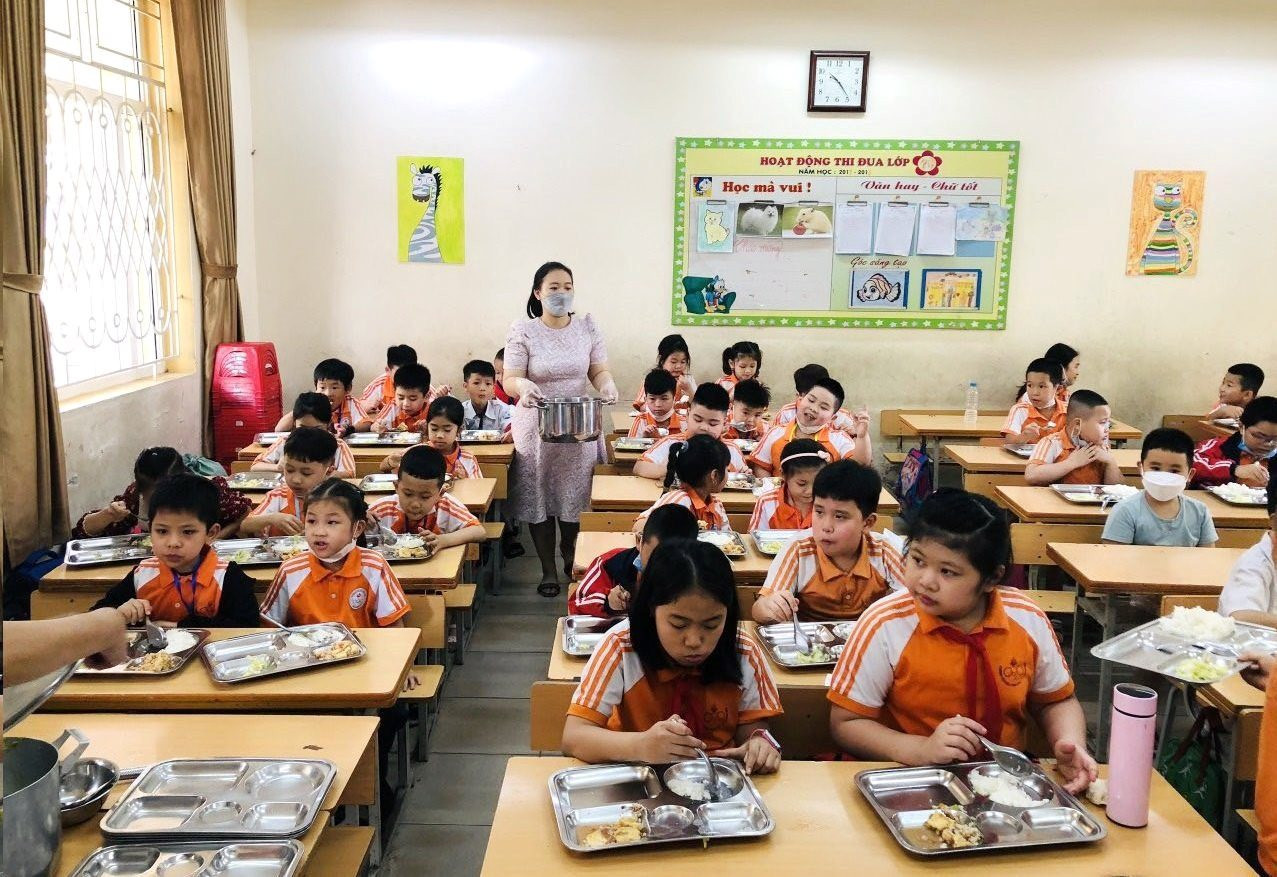
According to the Department of Education and Training of Thanh Hoa province, the Department has just organized an inspection team at 8 boarding schools for ethnic minorities and junior high schools in the districts of Cam Thuy, Lang Chanh, Ba Thuoc, Quan Hoa, Thuong Xuan, Nhu Thanh, Ngoc Lac, and Nhu Xuan. During the inspection, the provincial authorities discovered many violations related to the organization of meals for boarding students. In particular, the management staff in charge of organizing kitchens for students has only been trained in food safety but has not been trained in child nutrition care; a department has not been established to care for, nurture, and develop daily menus for students. The dining areas of some schools do not have a board of regulations; food storage warehouses are arranged in a mess. At the time of inspection, the schools could not provide veterinary hygiene registration certificates and quarantine certificates for newly imported food; cooking staff in some schools have not properly worn protective clothing according to regulations...
This is not the first time that localities have reviewed boarding and semi-boarding meals. At the end of 2023, Prime Minister Pham Minh Chinh asked the Ministry of Education and Training to preside over the review of boarding and semi-boarding meals for students in mountainous areas and ethnic minorities after the incident of students at Hoang Thu Pho 1 Primary Boarding School, Bac Ha District, Lao Cai "eating rice with instant noodles" was reported in the press.
Regarding meal quality, reports from many localities show that the meal quota for students agreed upon by schools with the Parents' Representative Board is still low, only from 5,000 - 8,000 VND/breakfast, main meal from 16,000 - 20,000 VND, so it is difficult to ensure nutrition. For public school students, especially in mountainous areas, many families are in difficult circumstances, so it is impossible to propose high fees while the cost of living is increasing, cooking ingredients must be selected from reputable suppliers with full documents, so the price will be higher than the price at traditional markets. With low payment levels, the nutritional quality of meals is also difficult to reach a high level.
Therefore, according to experts, there should be preferential policies for units providing meals for students. Recently, the Department of Education and Training of Ho Chi Minh City has sent a document to the Ho Chi Minh City Tax Department requesting to review tax policies for public service units in the field of education and training because of concerns that tax costs will affect the quality of meals for students.
According to Associate Professor, Dr. Bui Thi Nhung - Head of School Nutrition Department (Nutrition Institute), attention should be paid to school nutrition activities. In particular, relevant ministries and branches need to advise the Government to issue a school health program, including the development of school meal standards; guidelines on organization, management, and supervision of school meal programs; policies and regulations on facilities and equipment for educational institutions and schools; food processing human resources... Piloting school meal models from small to large scale, on that basis, drawing experience and proposing school nutrition policies suitable for each locality.
Ms. Nhung also emphasized that to improve the nutritional status of school-age children, there needs to be a combination between family and school. In particular, school meals, school nutrition education, and coordination between family and school to help children form scientific, healthy eating habits and have an active lifestyle are very important.
Associate Professor, Dr. Tran Thanh Nam - Vice Principal of the University of Education, Hanoi National University, said that it is necessary to include health education programs in the curriculum at schools, thereby educating children to better understand nutritional health. At the same time, when educating students, to some extent, it is also possible to educate parents about health science knowledge, thereby contributing to changing and improving the stature of Vietnamese people.
Source


















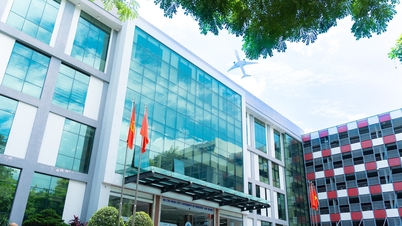

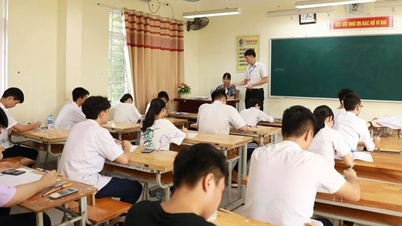






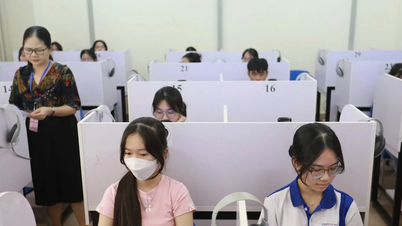


















































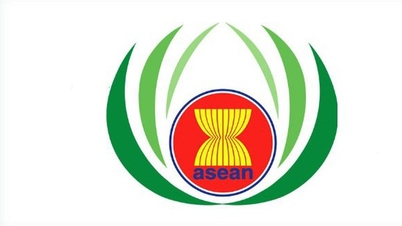





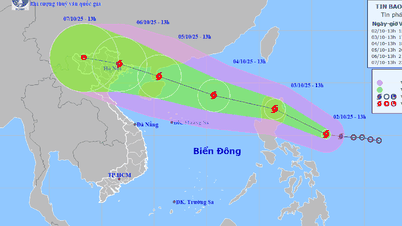




















Comment (0)